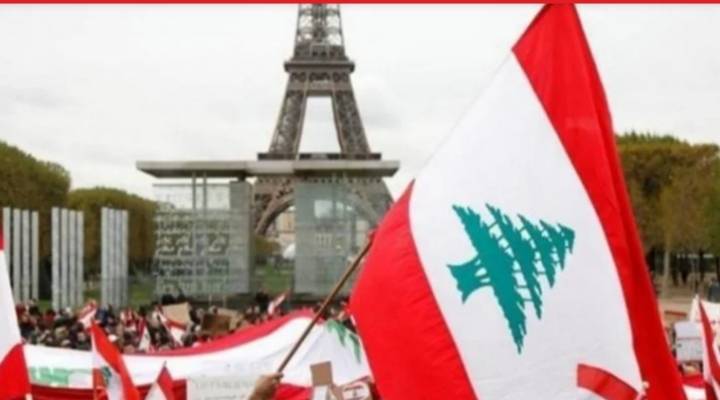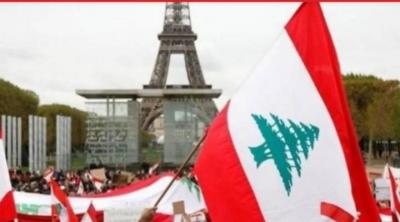Two days ago, French Ambassador Anne Grillo visited Foreign Minister Abdallah Bou Habib to brief him on the upcoming quintuple meeting in Paris scheduled for next week. She informed him that French President Emmanuel Macron, after a two-hour meeting, stated, "What is required is for Lebanon to remain on the French radar, as part of France's political strategy in the Middle East." For the same purpose, American Ambassador Dorothy Shea also visited the foreign ministry. Lebanon was informed about the meeting without having a say or being consulted. This could be due to the presidential vacuum and the fact that the government is a caretaker administration, or perhaps because the concerned countries found no necessity for its participation regarding issues that pertain to it!
Since the discussions began, the meeting has been attributed many dimensions, reaching the extent of being deemed consequential in the fate of the presidential elections in Lebanon, with the issued statement being potentially binding under the scope of increased external pressure and perhaps sanctions. This was a wish of the French. Based on this assumption, the idea was formed, but discussions with other countries shifted the French initiative from its original context. The U.S. advised against delving deeply into generating solutions, while Saudi Arabia preferred to emphasize the economic aspect and linked Qatar's participation to this aspect. Egypt was requested to participate recently.
Multiple scenarios were proposed for the meeting before settling on an agreed-upon format. In reality, President Emmanuel Macron wished to prepare a report format for the meeting that would culminate in recommendations and proposed solutions for the presidency and the government, possibly including names of suggested candidates. This unsettled Saudi Arabia, which threatened to withdraw its participation, prompting a personal visit from the French foreign ministry to Saudi Arabia, which refused to engage in naming candidates, leading to the abandonment of the proposal.
Despite this, assessments about the meeting varied. Some said that important decisions would emerge from the attendees, while others wagered that there would not be results of the expected magnitude. Based on these facts, diplomatic sources summarized the quintuple meeting as "an image, without dimensions or anticipated results." They advise against building too much hope on it and consider that its only positivity lies in France's commitment to keeping Lebanon on the international agenda and organizing a meeting of countries that can help Lebanon out of its crisis.
As preparations began, opinions differed among the participating countries, with some suggesting a smaller meeting via "Zoom," while the French preferred direct discussions and included Egypt alongside the four participating countries: France, Saudi Arabia, the United States, and Qatar. After lengthy discussions, the decision was made to hold a consultative meeting, limited to representatives at the advisor level from each country's foreign ministries. The agenda was also a subject of back and forth; Saudi Arabia wanted it focused on supporting the Lebanese fund, while France emphasized the political aspect and sought a statement calling for reforms and stressing presidential elections in a political context similar to that discussed by Macron during his visit to Lebanon.
The same sources do not expect the attendees to endorse a specific presidential candidate or discuss names of candidates. The presence of Egypt parallels that of Qatar, but the final decision lies with Saudi Arabia, which has its eyes on Yemen. The sources continue, refusing to treat this meeting as one that will determine Lebanon's fate, limiting it to economic dimensions.
Other political sources questioned the value of Egypt's participation in the meeting, given its lack of direct role in Lebanon, unless it is intended to introduce it as a new player in the local scene, marking a stance of an Arab coalition—Egypt, Qatar, and Saudi Arabia—with French and American support. They observe that "forcing a presidential candidate, if it were to occur, would lead to a significant problem" and express concern that the aim might be to embarrass officials by naming Army Commander General Joseph Aoun, which could cause a crisis.
This aligns with the stance of sources in the U.S. State Department, who refused to intervene in defining presidential specifications, stating, "Lebanese officials bear full responsibility, and if Iran wants to intervene, that is its issue, and it must bear the consequences of its actions in Lebanon."
What awaits Lebanon? Nothing definitive, and the meeting will likely be less than ordinary. Or is it a new chapter in confrontation with the West that will open up from the Paris meeting at the start of the week?




